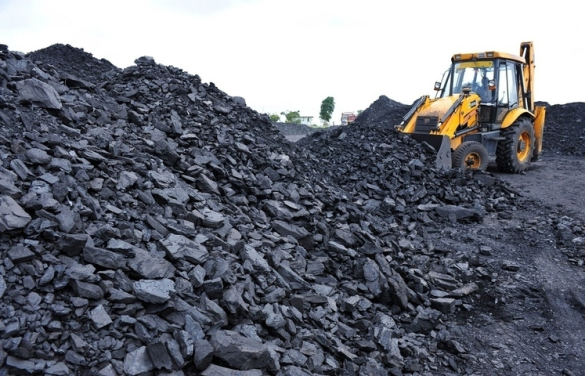The debate over coal’s role in South Africa’s energy transition is intense and complex. As the Coal and Energy Transition Day kicked off in Johannesburg, experts discussed differing opinions. Some advocated for immediate renewable energy adoption, while others highlighted coal’s continued importance.
Bernard Swanepoel, Non-executive Director of Implats, believes the solution lies in between. “We need a balanced approach that considers our current needs and future goals,” Swanepoel said. The event brought leaders from various sectors to discuss the international energy transition and the future of coal in Southern Africa.
Coal’s environmental impact is a significant argument against its use. However, transitioning to cleaner energy technologies takes time. History shows that major energy shifts are not immediate. Thungela CEO July Ndlovu addressed the global outlook for coal, noting the significant divide in coal usage across regions.
“While Europe phases out coal, developing countries still rely heavily on it,” Ndlovu said. Nearly a billion people lack access to reliable and clean energy. In these areas, coal is essential for lifting millions out of poverty. Ndlovu emphasized the importance of making responsible energy choices for future generations.
“The transition to cleaner energy must consider diverse regional realities,” Ndlovu stated. This approach aims for a sustainable and inclusive future, addressing environmental concerns while honoring economic and social needs.
One session focused on Southern Africa’s navigation of its energy transition while relying heavily on coal. The discussion highlighted the balance between continuing coal production for economic stability and advancing renewable energy initiatives to meet global climate goals.
In South Africa, the goal is to make coal green to meet base load needs and stimulate industrial and economic development. State utility Eskom prioritizes high-efficiency, low-emission coal, a significant step towards utilizing existing coal resources responsibly.
The $8.5 billion Just Energy Transition Partnership (JETP) underscores South Africa’s commitment to cleaner energy sources. This climate financing deal involves France, Germany, the United Kingdom, the United States, and the European Union. Despite setbacks, the deal highlights ongoing challenges and efforts towards renewable energy.
The Mineral Council of South Africa acknowledges coal’s vital role in providing immediate energy needs and supporting employment. This is particularly important in regions like Mpumalanga, where coal production is a significant economic driver.
Tseliso Maqubela, Deputy Director-General of the Department of Mineral and Petroleum Regulation, emphasized the government’s role. “We aim to establish a policy and regulatory framework for the transition to renewable energy,” Maqubela said. This framework will guide South Africa’s shift to a more sustainable energy future.
South Africa’s energy transition requires a careful balance between coal and renewables. As experts debate the best path forward, the focus remains on sustainability, economic stability, and addressing the diverse needs of different regions. The country’s commitment to both immediate energy needs and long-term environmental goals will shape its future energy landscape.
Source: ESI Africa



